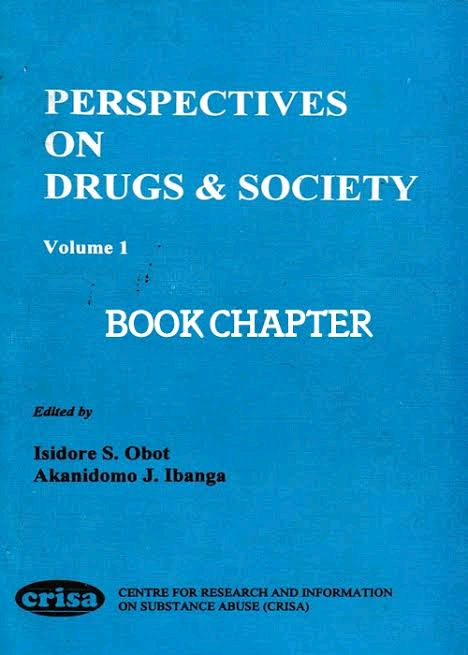Drug policy of Nigeria refers to the laws, regulations, and government strategies related to the control, prevention, and treatment of drug use, trafficking, and production within Nigeria. Its drug policy is shaped by both national legislation and international conventions, with enforcement and coordination primarily managed by the National Drug Law Enforcement Agency (NDLEA).
History Nigeria's drug control efforts date back to the colonial era, when the British administration implemented regulations against the use of certain substances. Post-independence, Nigeria ratified several international drug control treaties, including the 1961 Single Convention on Narcotic Drugs, the 1971 Convention on Psychotropic Substances, and the 1988 United Nations Convention Against Illicit Traffic in Narcotic Drugs and Psychotropic Substances. In 1989, following increasing concerns about Nigeria's role as a transit hub for illicit drug trade, the federal government established the NDLEA through Decree No. 48.
Legal framework The Nigerian drug policy framework is rooted in several key legislative instruments:
NDLEA Act (Cap N30, Laws of the Federation of Nigeria 2004): Establishes the NDLEA and empowers it to combat drug trafficking, enforce drug laws, and promote drug education. Dangerous Drugs Act of 1935: Prohibits the cultivation, possession, and sale of narcotics such as Opium and cannabis Indian Hemp Act of 1966: Specifically targets the possession and use of cannabis, known locally as Indian hemp. These laws prescribe strict penalties, including long prison sentences and, in some cases, the death penalty for certain drug trafficking offenses.
Enforcement and institutions National Drug Law Enforcement Agency (NDLEA) The NDLEA is the primary agency responsible for enforcing drug laws, arresting offenders, seizing illegal substances, and conducting public awareness campaigns. It operates across Nigeria’s international borders, airports, seaports, and within communities.
National Agency for Food and Drug Administration and Control (NAFDAC) NAFDAC regulates the importation, manufacture, and distribution of legal pharmaceuticals and ensures they are not diverted for illicit use.
Drug use and public health In recent years, Nigeria has faced growing challenges related to drug abuse, particularly among young people. A 2018 National Drug Use Survey conducted by the United Nations Office on Drugs and Crime (UNODC) in collaboration with the Nigerian government estimated that 14.3 million people (14.4% of the population aged 15–64) had used a psychoactive substance in the past year. Commonly abused substances include:
Cannabis Prescription opioids (e.g., tramadol, codeine) Cocaine Methamphetamine Health and rehabilitation services for drug users remain underdeveloped even though there is a growing recognition of the need for a public health-based approach alongside criminal justice responses.
Policy reforms and debates Nigeria’s drug policy has come under criticism for its heavy reliance on criminalization and lack of harm reduction strategies. Human rights advocates and public health experts have called for:
Decriminalization of personal drug use Expansion of treatment and rehabilitation centers Harm reduction programs, such as needle exchange and opioid substitution therapy The Nigerian government has begun exploring reforms, including efforts to integrate drug use prevention into school curricula and community outreach programs.
International cooperation Nigeria works closely with international partners, including:
UNODC Interpol United States Drug Enforcement Administration (DEA) West African Commission on Drugs These collaborations focus on intelligence sharing, capacity building, and disrupting international drug trafficking networks.
See also National Drug Law Enforcement Agency (NDLEA) Crime in Nigeria Cannabis in Nigeria NAFDAC
== References ==
